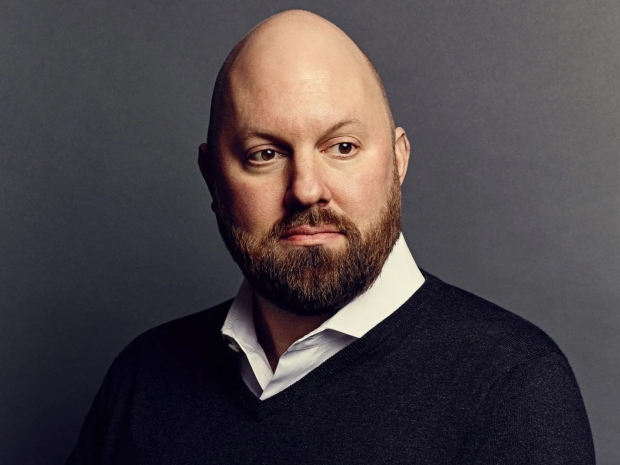He said that AI "doesn't want to kill you, because it's not alive... AI is a machine — it's not going to come alive any more than your toaster will." Clearly, he has not met our vengeful toaster which once nearly burnt the house down.
Andreessen writes that there's a "wall of fear-mongering and doomerism" in the AI world.
He said that was not due to an existential threat to humanity but because Big Tech is motivated to promote such doomsday views because they "stand to make more money if regulatory barriers are erected that form a cartel of government-blessed AI vendors protected from new startup and open source competition," Andreessen wrote.
Andreessen claims AI could be "a way to improve everything we care about." He argues that AI has huge potential for productivity, scientific breakthroughs, creative arts and reducing wartime death rates.
"Anything that people do with their natural intelligence today can be done much better with AI. And we will be able to take on new challenges that have been impossible to tackle without AI, from curing all diseases to achieving interstellar travel."
One function of AI is to protect people against AI bias and harm. In Andreessen's idealist future, "every child will have an AI tutor that is infinitely patient, infinitely compassionate, infinitely knowledgeable, infinitely helpful."
He expresses similar visions for AI's role as a partner and collaborator for every person, scientist, teacher, CEO, government leader and even military commander.
What worries Andreessen is the risk of not pursuing AI with maximum force and speed and giving ground to China.
He said that the Chinese are developing AI quickly and with authoritarian applications.
To head off the spread of China's AI influence AI should be driven into our economy and society as fast and hard as possible, Andreessen said.




